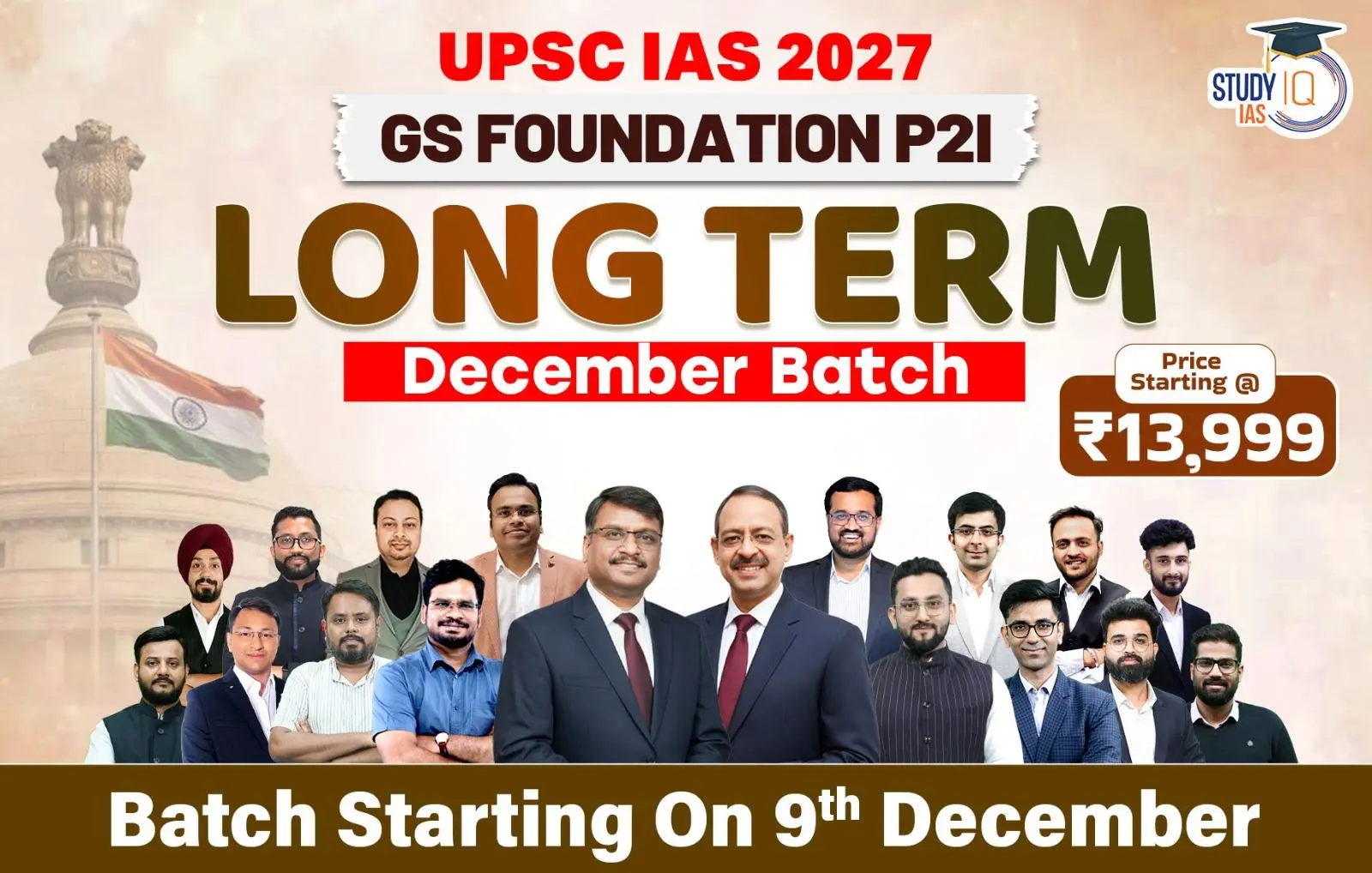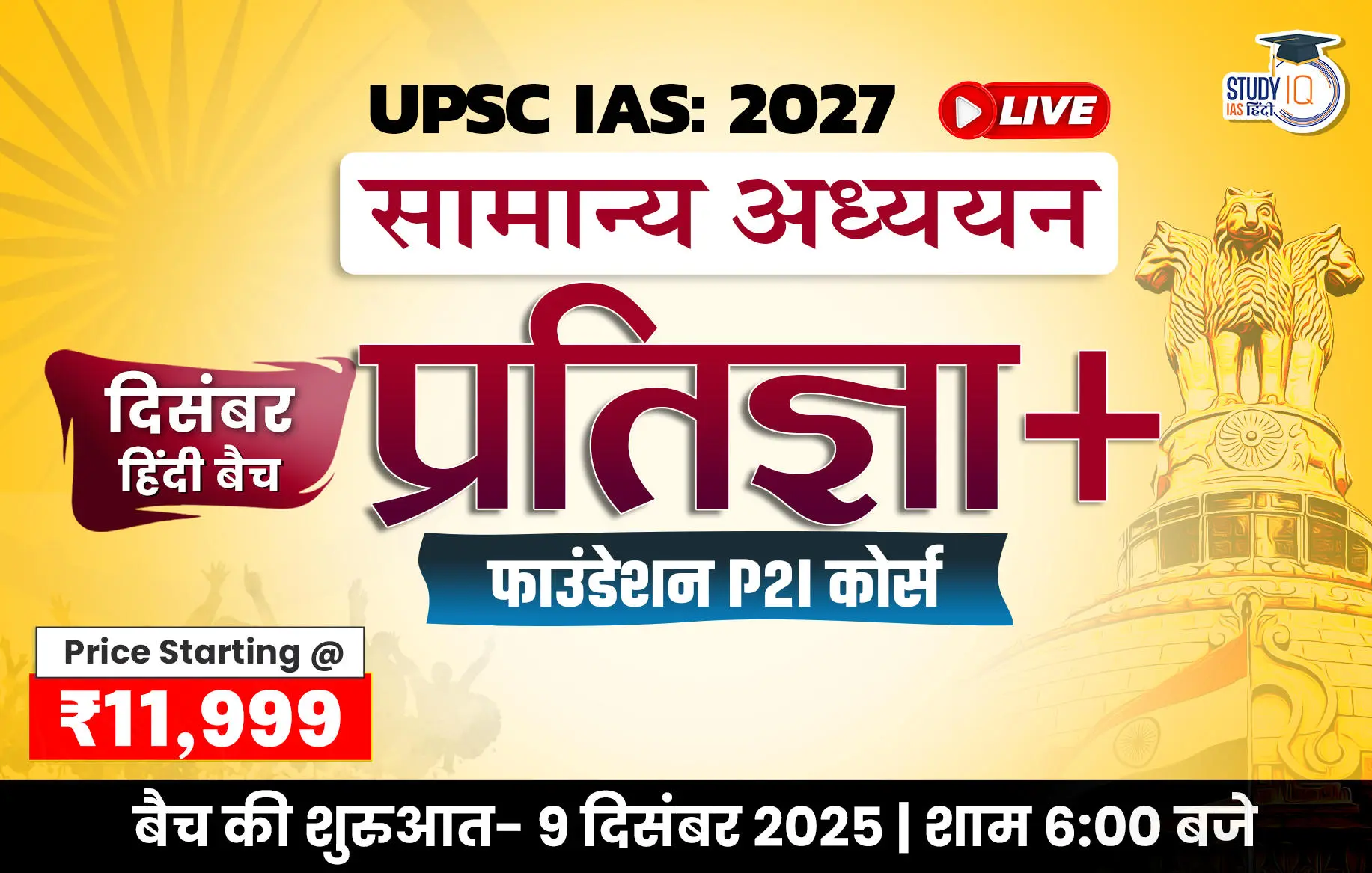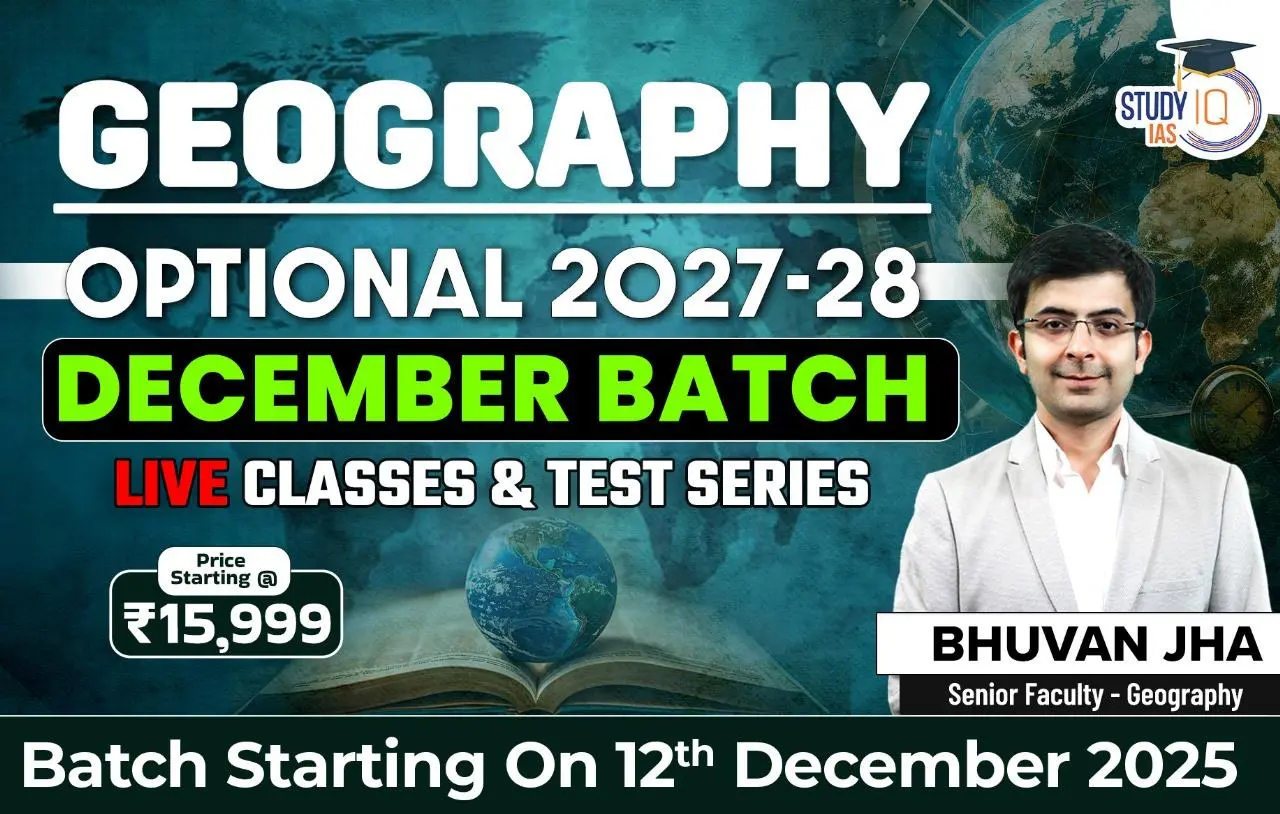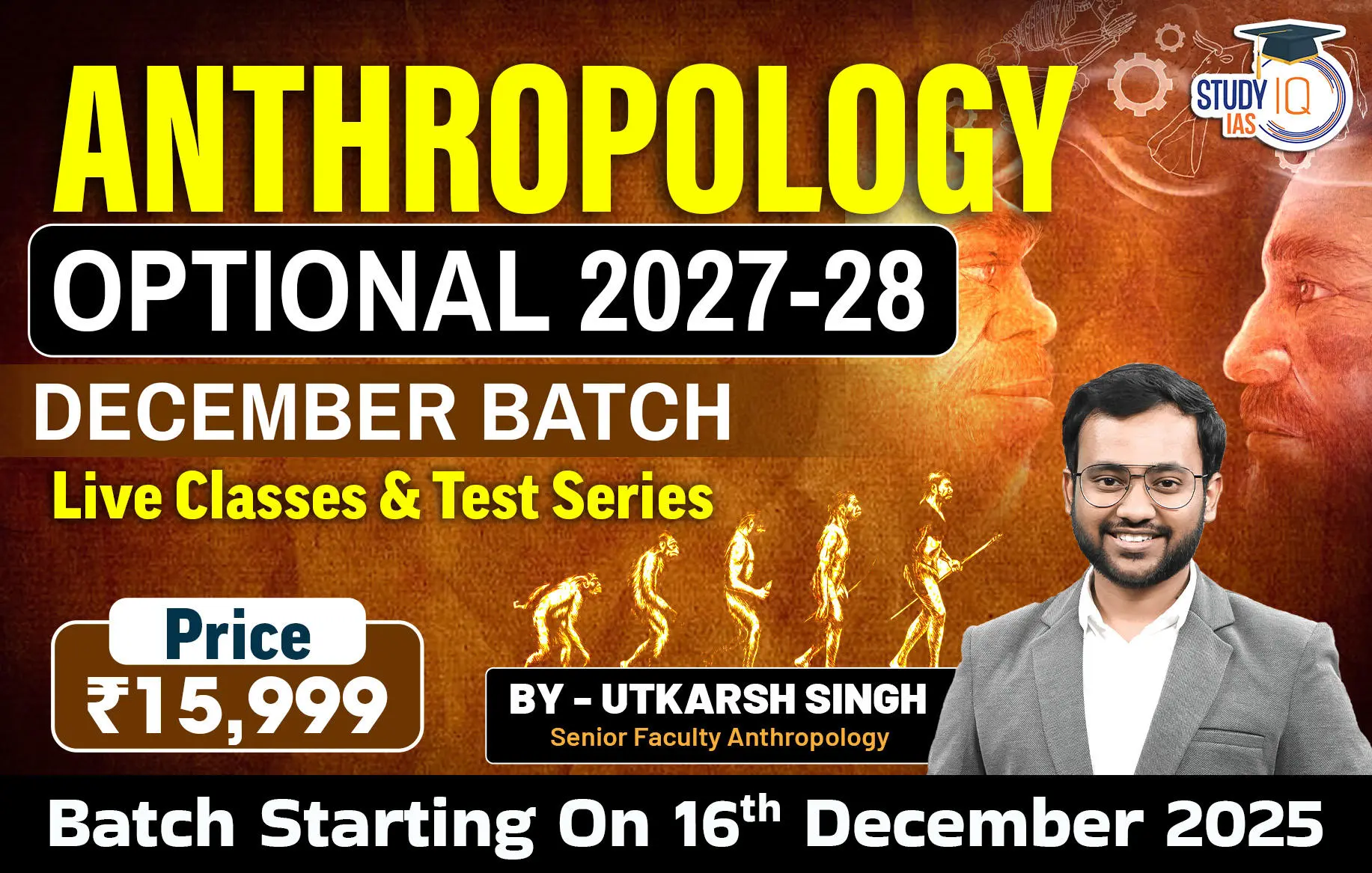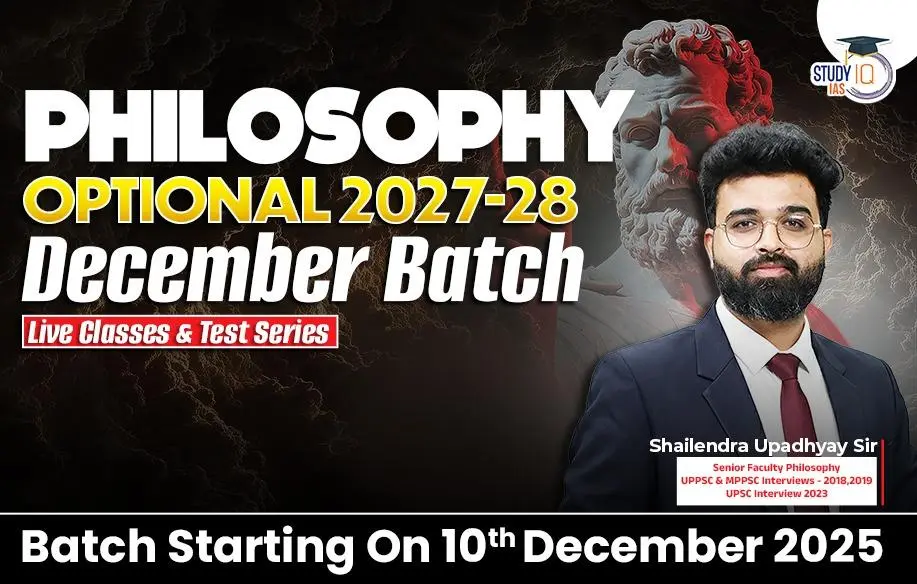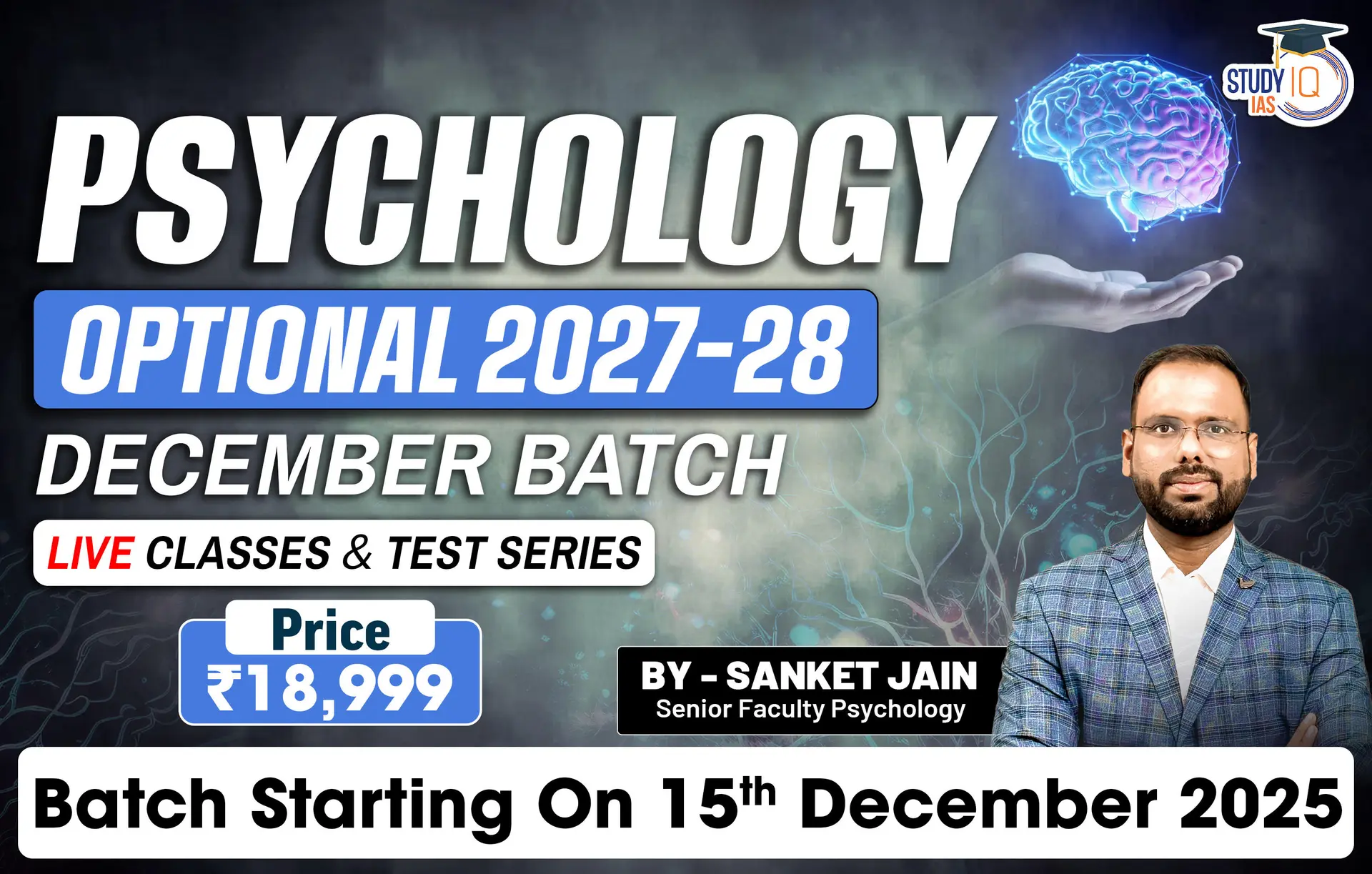Table of Contents
The Supreme Court of India has strengthened laws on child pornography and ruled that viewing, possessing or not reporting such material is punishable under the POCSO Act, even without sharing or transmitting it. This decision overturned a Madras High Court judgement that dismissed charges against a man for downloading child pornography.
Supreme Court’s Verdict on Watching ‘Child Sex Abuse’
| What is Child Pornography? |
|
Expansion of Section 15 of POCSO Act
Initially it only punished the storage of child pornography for commercial purposes. The amended law now covers three major offences:
- Failing to delete, destroy, or report child pornography.
- Possessing or storing child pornographic material with the intent to share or transmit it.
- Storing child pornography for commercial purposes.
The court emphasised that even intent or preparation to commit such acts could be punishable under this law.
Shift in Terminology: Use of ‘CSEAM’
- The SC urged Parliament to amend the POCSO Act, replacing the term “child pornography” with Child Sexual Exploitative and Abuse Material (CSEAM).
- The Court found “child pornography” a misnomer, noting that it fails to capture the full scope of child exploitation and abuse. The Bench directed courts across India to immediately adopt the term CSEAM in judicial orders and judgments
Section 67B of IT Act, 2000
It deals with the punishment for publishing or transmitting material that depicts children in a sexually explicit manner. This includes:
- Publishing or transmitting material that depicts children in a sexually explicit manner
- Creating or collecting material that depicts children in a sexually explicit manner
- Enticing children into online relationships for sexual acts
- Facilitating the online abuse of children
- Recording the abuse of children in an electronic form

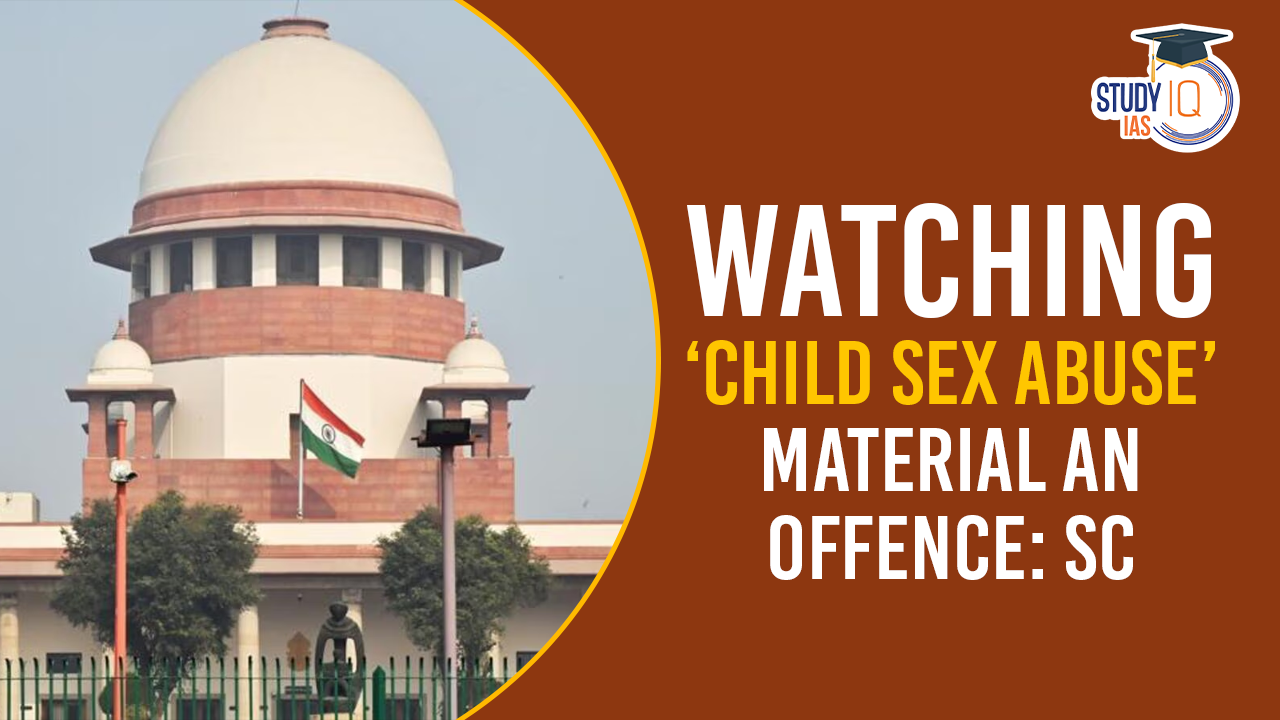
 India's First Indigenous Hydrogen Fuel C...
India's First Indigenous Hydrogen Fuel C...
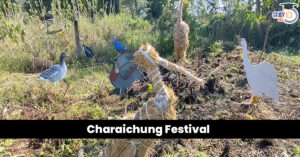 Assam’s Majuli Hosts ‘Charaichung Fe...
Assam’s Majuli Hosts ‘Charaichung Fe...
 BlueBird-6 Satellite: ISRO to Launch Hea...
BlueBird-6 Satellite: ISRO to Launch Hea...

